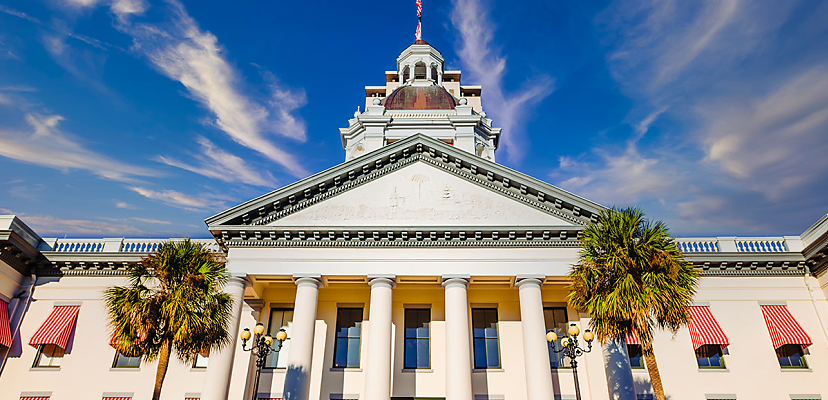Share this article on:
Powered by MOMENTUMMEDIA
Breaking news and updates daily.
Florida’s attempt to introduce mandatory encryption backdoors for law enforcement to access social media platforms has failed to pass.

The Social Media Use by Minors (SB 868) bill, as well as allowing parents and guardians to access child social media accounts and restrict child account abilities, intended to force social media companies to “provide a mechanism to decrypt end-to-end encryption when law enforcement obtains a subpoena”.
However, the Florida House of Representatives has declared the bill “indefinitely postponed and withdrawn from consideration”, despite the proposed legislation having already passed through the Senate.
The bill was first proposed in April and was met with controversy by experts. The tech industry argues that adding social media backdoors only reduces the security of social media users, making data breaches more likely and infringing on their privacy.
Social media platforms and tech giants are increasingly adopting end-to-end encryption of user data to prevent their messages and data from reaching the hands of cyber criminals. However, this prevents the company from accessing the data, as well as any law enforcement.
Florida’s backdoor “solution” would have allowed law enforcement to access that data.
Despite Florida’s push to add backdoors, the US has heavily critiqued the UK’s order for Apple to create an encryption backdoor in its systems for the same reason earlier this year. President Donald Trump called it “something that you hear about with China”, while US Senator Ron Wyden and Congressman Andy Biggs said a backdoor for the UK government would undermine American privacy.
“These reported actions seriously threaten the privacy and security of both the American people and the US government,” a letter to US director of intelligence Tulsi Gabbard said.
“Apple does not make different versions of its encryption software for each market; Apple customers in the UK use the same software as Americans.
“If Apple is forced to build a backdoor in its products, that backdoor will end up in Americans’ phones, tablets, and computers, undermining the security of Americans’ data, as well as of the countless federal, state and local government agencies that entrust sensitive data to Apple products.”
The US has now requested that Apple make the US Department of Justice privy to the order so that they can determine whether it breaches a CLOUD Act agreement between the two nations that blocks the two nations from requesting data be decrypted. This would mean that Apple would be committing a criminal offence by following the order.
“We urge the Home Office to reconsider the issuance of TCNs that require the weakening of encryption, as such measures conflict with international human rights standards, including the European Court of Human Rights’ ruling that undermining encryption violates privacy rights,” said Jim Jordan, US House Judiciary chair, and Brian Mast, Foreign Affairs chair.

Be the first to hear the latest developments in the cyber industry.